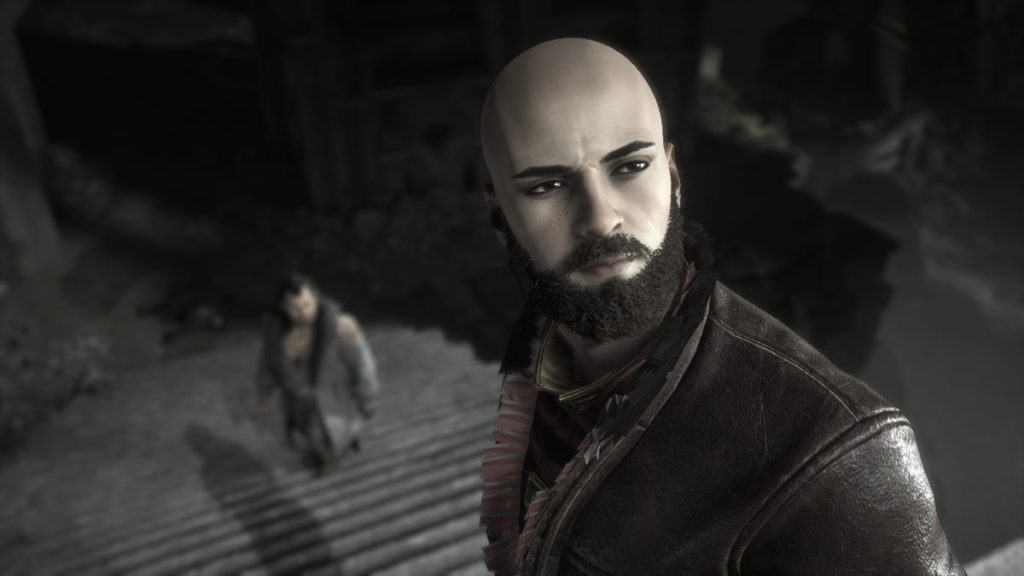With each report on the troubled development of Dragon Age: The Veilguard, it seems almost miraculous that the game was released at all. A recent article from
Bloomberg
details how the development team faced constant obstacles from Electronic Arts, leading to rushed adjustments without sufficient resources or time. This situation hindered the RPG from undergoing the comprehensive retooling it desperately needed. Given the turmoil experienced by the team, which ultimately led to its disbandment, it appears BioWare was set up for failure, suffering from the poor choices made by its publisher.
In January,
BioWare laid off key veteran staff
, quickly presenting itself as more “agile” and “focused” soon after The Veilguard failed to meet expectations. This raises doubts about BioWare’s own confidence in continuing the series. Learning about the game’s tumultuous development leads to the impression that it was crafted by a team aware of impending challenges, leaving an ending that sparks potential for a fifth installment, albeit with skepticism about its realization.
Reflecting on the project, the team’s efforts seem to suggest that
Rook’s journey
might mark the last time fans step into the beloved fantasy world, which strangely enhances my appreciation for a game that rekindled my faith after years of disillusionment.
The departure of renowned talents—like lead writer Trick Weekes and Mary Kirby—leaves me unconvinced that EA comprehends the essence of the studio it acquired in 2007. The Veilguard has emerged as a divisive title, for both understandable reasons and those steeped in bad faith. However, I hope history will ultimately treat it more kindly as time progresses.
A Kotaku reader inquired whether they should still play The Veilguard after the layoffs were announced. I suggested that we might now be better positioned to appreciate it as possibly the final chapter of a long narrative.
Given its creation under challenging circumstances, The Veilguard serves as both a farewell to a lengthy saga and a potential launchpad for future tales. Its
secret ending
hints at looming threats yet remains largely a closure of an era. BioWare has crafted a narrative that solidifies the history of Thedas, aiming to connect cultural threads that sometimes felt disjointed previously, yet the complex conversations between characters reflect uncertainty about the franchise’s future.
The Veilguard is undoubtedly an optimistic venture for BioWare, which has always had a complex relationship with themes of morality and narrative freedom within Thedas. Perhaps, as the series reaches its conclusion, it is fitting to conclude on an uplifting note that emphasizes the vision its creators aspire to achieve, even amid a reality that often fosters despair.



